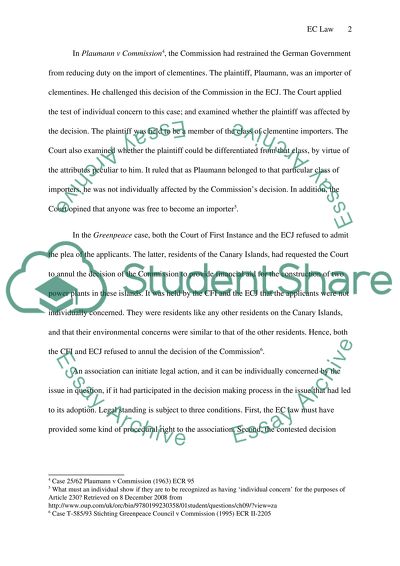Cite this document
(The European Commissions Fundamental Duty Assignment, n.d.)
The European Commissions Fundamental Duty Assignment. Retrieved from https://studentshare.org/law/1550365-constitutional-law-of-the-eu
The European Commissions Fundamental Duty Assignment. Retrieved from https://studentshare.org/law/1550365-constitutional-law-of-the-eu
(The European Commissions Fundamental Duty Assignment)
The European Commissions Fundamental Duty Assignment. https://studentshare.org/law/1550365-constitutional-law-of-the-eu.
The European Commissions Fundamental Duty Assignment. https://studentshare.org/law/1550365-constitutional-law-of-the-eu.
“The European Commissions Fundamental Duty Assignment”. https://studentshare.org/law/1550365-constitutional-law-of-the-eu.


